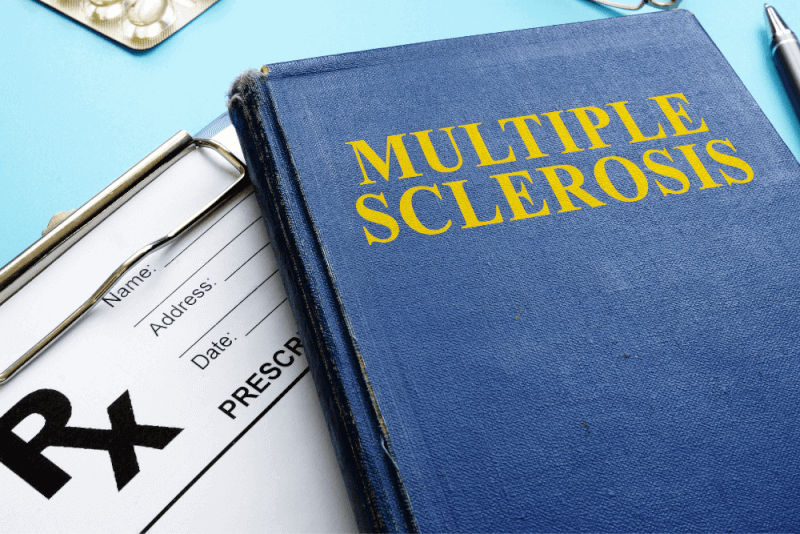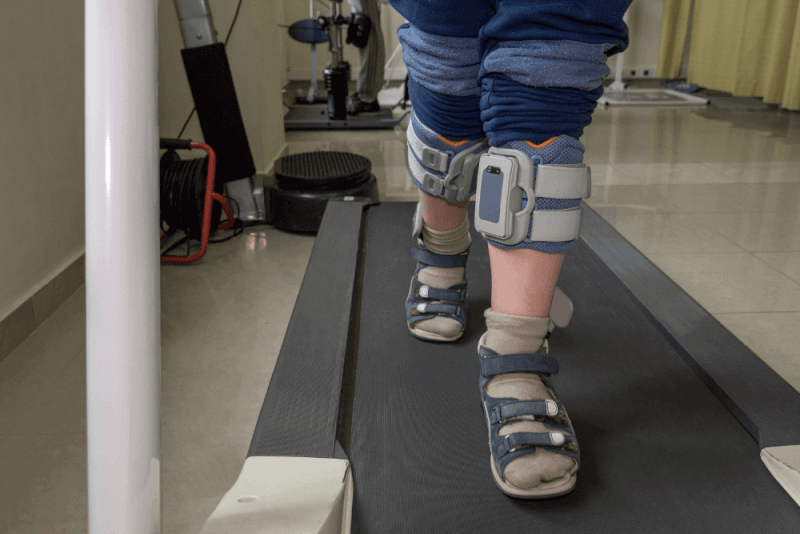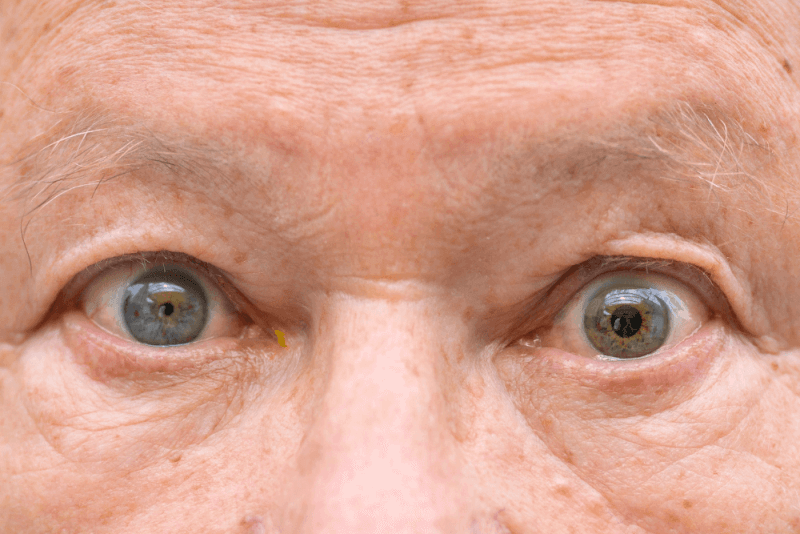What is tongue paralysis?
Tongue paralysis occurs when the function of the tongue muscle is gradually lost due to various reasons. This condition, also known as tongue stiffness or tongue lock, is also referred to as aphasia or dysarthria.
In cases of aphasia, patients lose the ability to speak because aphasia results from damage to the brain’s language processing center. Dysarthria, on the other hand, arises from damage to the nerves controlling the tongue muscles.
Symptoms of tongue paralysis
The following symptoms may be observed when tongue paralysis is due to aphasia.
- Loss of language ability
- Loss of speaking ability
- Sudden onset of symptoms
- Difficulty in understanding sentences while speaking
- Difficulty in pronouncing certain sounds
- Struggle to find the correct words
- Difficulty in remembering words
- Difficulty in understanding spoken or written language
- Communication difficulties
- Facial asymmetry
- One side of the face appearing different from the other
- Sudden and significant weakness on one side of the body
- Loss of balance
- Unexpected headache
- Dizziness
- Difficulty in walking
In cases where tongue paralysis is due to dysarthria, the following symptoms may occur.
- Noticeable slowing of speech
- Difficulty in chewing movements
- Occasional, short-lived numbness in the tongue
- Loss of taste perception
Causes of tongue paralysis
The causes of tongue paralysis vary depending on the underlying factor. The causes of aphasia-induced tongue paralysis include the following.
- Excessive sadness and stress
- Trauma
- Central nervous system disorders
- Psychological illnesses
- Muscle function disorders
- Side effects of certain illnesses
- Involuntary muscle contractions
- Sudden psychological breakdowns
In cases where tongue paralysis is due to dysarthria, the cause is typically stroke. The factors that may lead to stroke include the following.
- Hypertension
- Atherosclerosis
- Heart diseases
- Diabetes
- Atrial fibrillation
- Tobacco use
- Alcohol use
- Physical inactivity
- Age
- Family history of stroke
Treatment methods for tongue paralysis
The treatment of tongue paralysis is planned according to the underlying cause. Therefore, the primary factor causing the disease must first be determined. Regardless of the underlying cause, patients need language therapy to regain their speech abilities.
This therapy includes techniques and exercises to strengthen tongue muscles and improve speech skills. In severe cases of tongue paralysis, patients may experience difficulty swallowing, and a special nutrition plan may be required for these patients.
For this, collaboration with nutrition experts is necessary. In very severe cases, patients may be recommended speech devices or communication support tools to facilitate easier communication.







